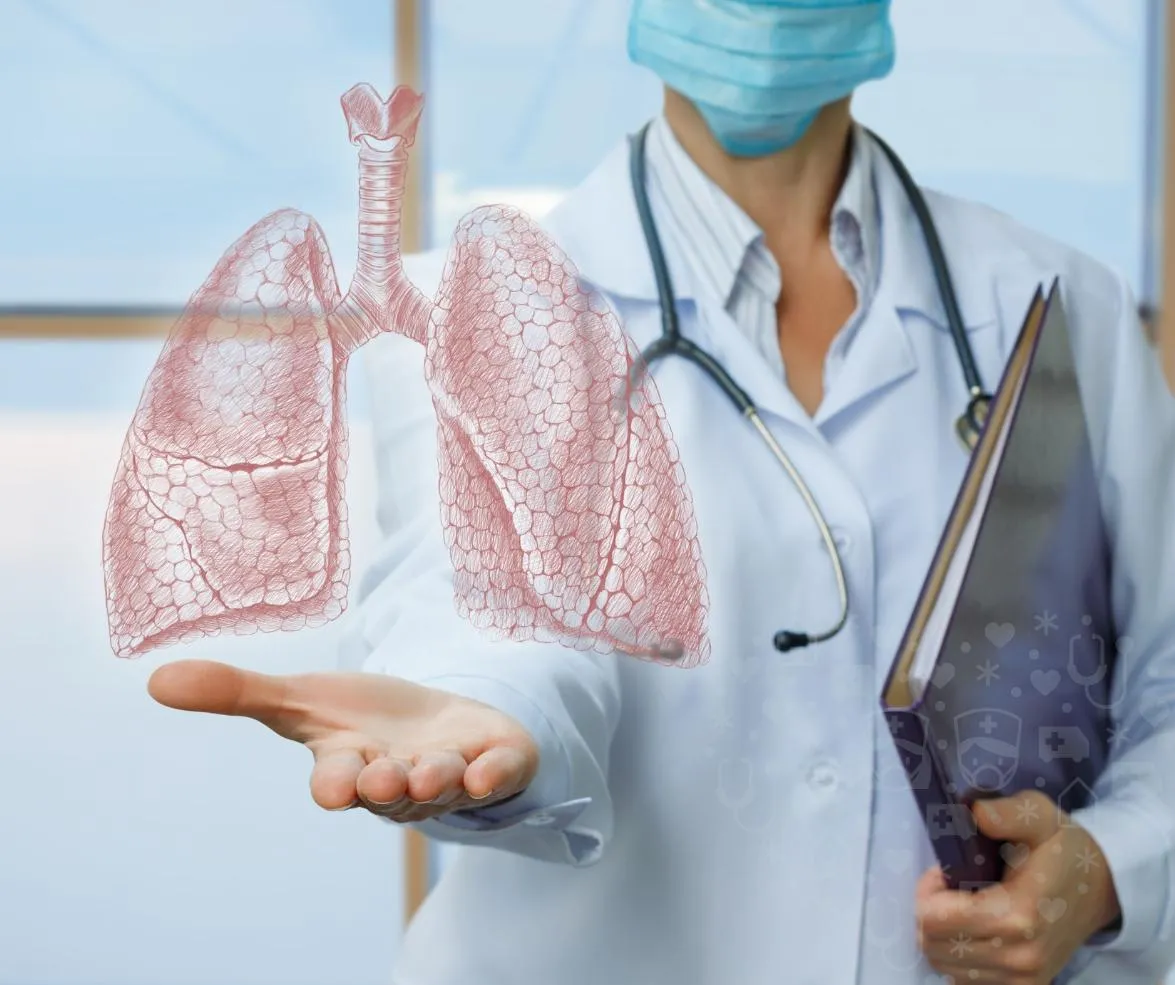OUR BLOG!

Comprehensive Pulmonary Care: Essential Strategies for Superior Respiratory Management
In the specialized field of pulmonary care, nurses are pivotal in managing patients with severe respiratory conditions such as acute respiratory distress syndrome (ARDS) and severe pneumonia. Their expertise is essential in delivering comprehensive care that ensures patient survival and recovery. Here, we examine five key focus points that highlight the indispensable role of Pulmonary Care Nurses.
Patients with critical respiratory issues often present with life-threatening conditions requiring immediate and specialized interventions. Pulmonary Care Nurses are at the forefront of assessing and managing these complex cases1. They conduct thorough evaluations, initiate appropriate respiratory treatments, and provide continuous monitoring to stabilize and improve the patient's respiratory function. Their detailed assessments and swift actions are crucial in optimizing patient outcomes.
Ventilator management is a cornerstone of pulmonary care. Pulmonary Care Nurses are adept at operating and adjusting ventilators to ensure patients receive the proper level of respiratory support2. They monitor patients' responses to mechanical ventilation, making necessary adjustments to ventilator settings to optimize oxygenation and carbon dioxide removal. Their expertise in ventilator management is vital in preventing complications and ensuring effective respiratory support.
Administering pulmonary treatments is another critical aspect of the role. Pulmonary Care Nurses administer a range of therapies, including bronchodilators, mucolytics, and inhaled corticosteroids, tailored to each patient’s specific needs3. These treatments enhance lung function, reduce inflammation, and improve airway clearance, contributing significantly to the patient's recovery process. The precise administration of these therapies underscores their commitment to excellence in patient care.
Monitoring oxygenation levels is essential for patients with severe respiratory conditions. Pulmonary Care Nurses continually assess blood gas levels, oxygen saturation, and other vital parameters to ensure adequate tissue oxygenation4. They use advanced monitoring technologies to track changes in the patient's condition promptly, adjusting treatment plans as necessary. This vigilant monitoring is integral to managing respiratory issues effectively and preventing further complications.
The Certified Pulmonary Nurse (CPN) designation represents a high level of proficiency in pulmonary care. These nurses possess specialized knowledge and skills in managing complex respiratory cases, demonstrating advanced competence in clinical practice and patient advocacy5. The CPN credential signifies a commitment to maintaining the highest standards of pulmonary care, ensuring that patients receive expert treatment. By staying informed about the latest best practices and developments in pulmonary medicine, CPNs consistently deliver top-quality care in their field.
In conclusion, Pulmonary Care Nurses play an indispensable role in the management of critical respiratory issues. Their ability to perform thorough assessments, manage ventilators, administer pulmonary treatments, and monitor oxygenation levels ensures comprehensive and effective care. Through their dedication and advanced expertise, these nurses significantly enhance patient outcomes, embodying the highest standards of excellence in pulmonary nursing.
Footnotes
Vincent, J.L., & Abraham, E. (2006). The last 100 years of intensive care medicine: Celebrating our past experiences and successes. ↩
Tobin, M.J. (2010). Principles and practice of mechanical ventilation. McGraw-Hill Education. ↩
Barnes, P.J. (2012). The pharmacology of airway inflammation in asthma. American Journal of Respiratory and Critical Care Medicine. ↩
Lanken, P.N., & Manaker, S. (2007). Monitoring of gas exchange and pulmonary mechanics during mechanical ventilation. The New England Journal of Medicine. ↩
American Association of Critical-Care Nurses (AACN). (2020). Certified Pulmonary Nurse (CPN) Exam Handbook. ↩



